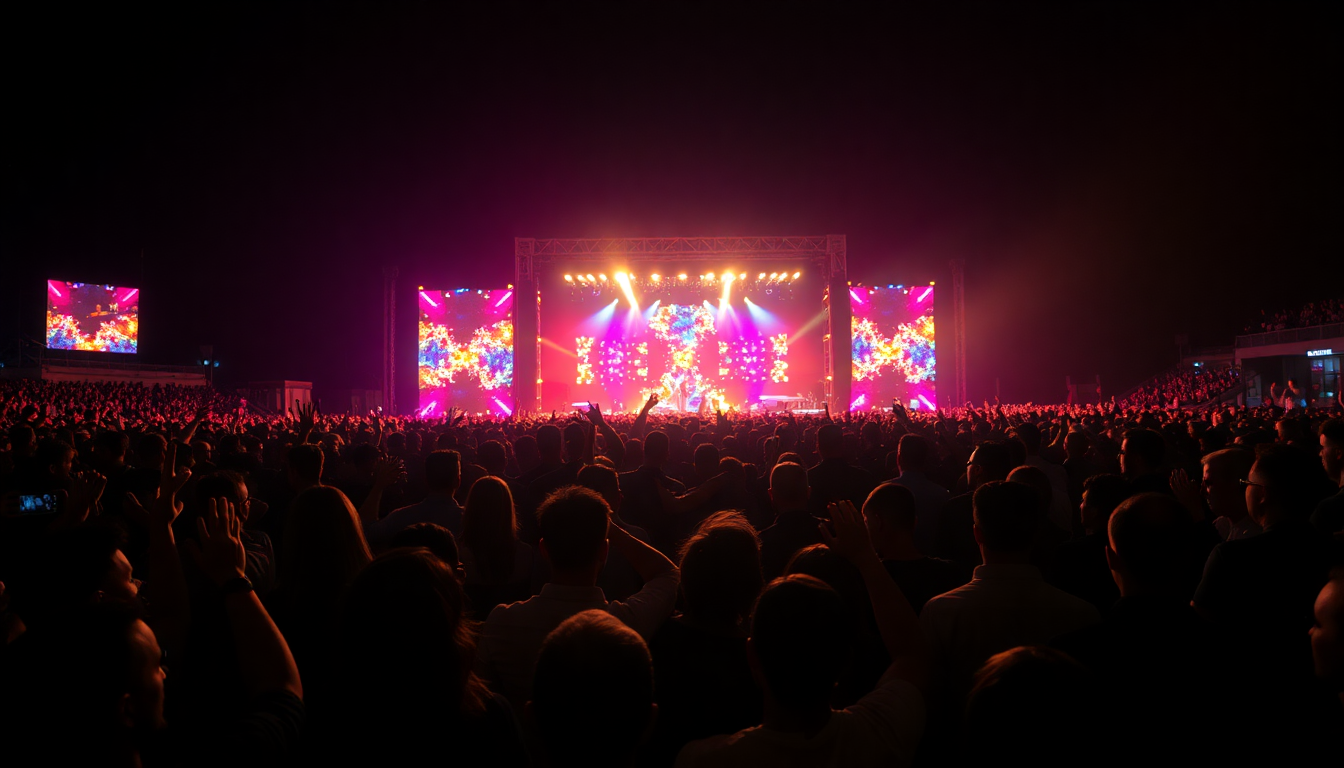Table of Contents
The recent assault at a Rüfüs Du Sol concert in Pasadena, California, has not only shocked fans but also reignited conversations about safety at live events. While the thrill of attending concerts often eclipses concerns about personal safety, this incident is a stark reminder of how vulnerable we can be in crowded spaces. So, how can event organizers and attendees work together to prioritize safety and ensure a great experience for everyone?
Incident Overview and Arrest
On the night of August 16, chaos erupted at the Rose Bowl Stadium, leading to the arrest of 23-year-old Julio Cesar Lopez Zavala. What started as an accidental drink spill quickly escalated into a violent altercation involving multiple victims. Eyewitnesses and video footage were crucial in identifying the suspect, who was later apprehended by police in nearby Hawthorne, California. As the investigation unfolds, the Los Angeles County District Attorney’s Office is looking into formal charges against Zavala.
The initial victim’s heartfelt plea for help, shared on social media, brought significant attention to the incident, shining a light on the urgent need for justice. However, police reports reveal that she wasn’t alone in her suffering; at least three others were also assaulted. The prompt response from law enforcement underscores how seriously such incidents are taken, as they strive to ensure public safety and hold offenders accountable.
Impact on the Community and Concert Culture
This incident has struck a chord not just locally but among concertgoers across the country. Videos of the attack circulating online have sparked outrage and ignited discussions about the culture of violence in public spaces. Many who attended the concert voiced their shock and concern over the apparent lack of immediate security measures that could have mitigated the situation’s escalation. The primary victim’s story is a painful reminder of the fears that can accompany large gatherings, where personal safety can often feel compromised.
As the concert industry works to bounce back from the pandemic’s challenges, making attendee safety a top priority is more critical than ever. Implementing enhanced security measures, providing better training for staff on conflict resolution, and clearly communicating safety protocols to attendees can help reduce risks. Concert organizers must create environments where fans feel secure and protected from potential threats.
Looking Ahead: Safety Protocols and Community Support
In the wake of this assault, calls are growing for concert promoters and venue operators to reevaluate their safety policies. Robust security measures—think enhanced surveillance, well-trained security personnel, and effective emergency response protocols—are essential for fostering a safe atmosphere. Moreover, collaboration between local law enforcement and event organizers could lead to better preparedness in preventing similar incidents down the line.
Community support for victims is equally essential. The stories shared by those affected can offer valuable insights into the emotional and psychological toll of violence in public spaces. Encouraging open discussions about safety and well-being at events can empower individuals to speak up and take action if they witness or experience violence. After all, feeling safe should be a fundamental right for everyone enjoying the music they love.


